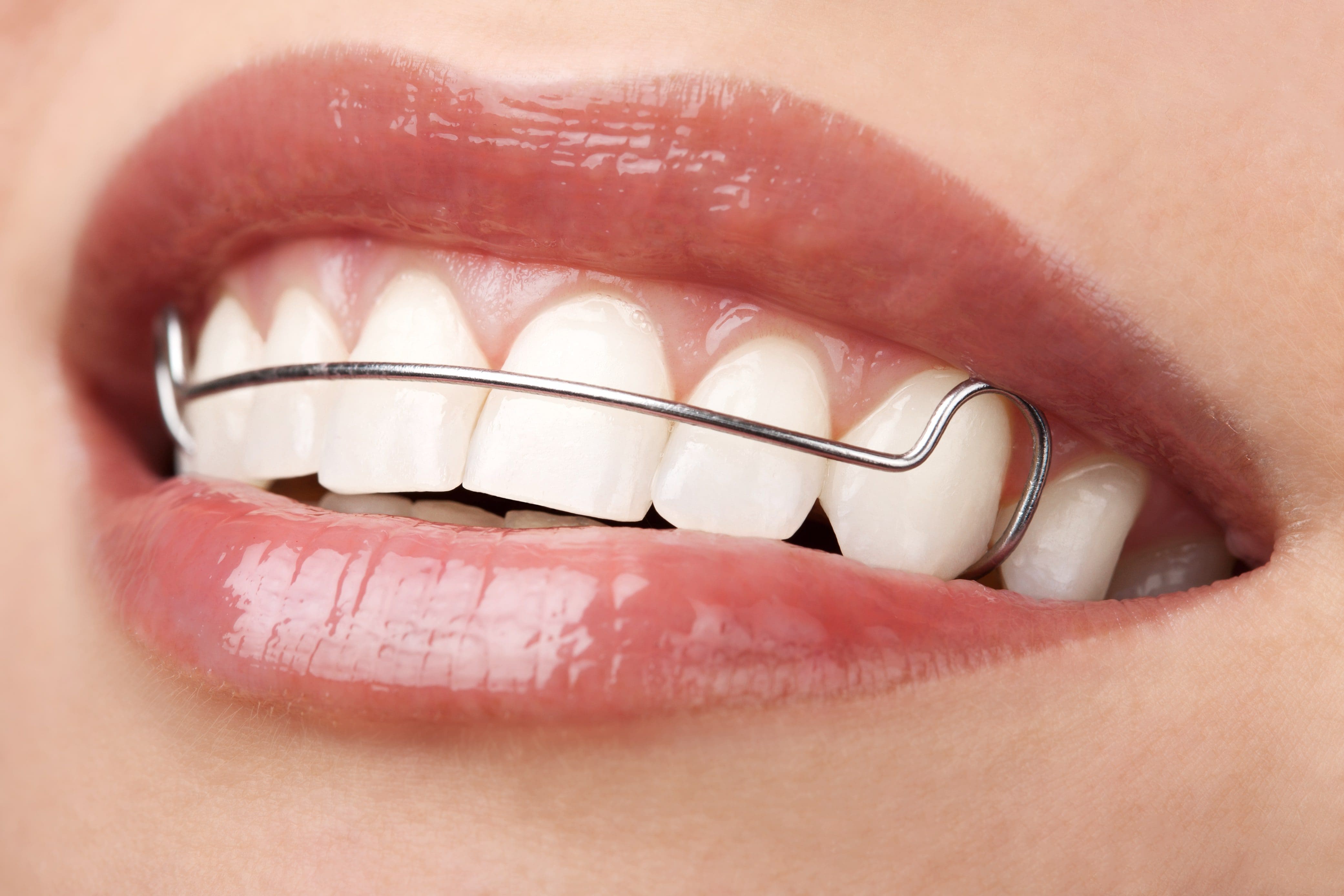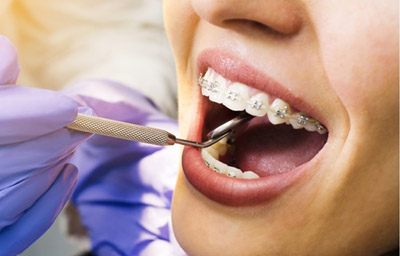The Definitive Guide to Johnson Orthodontics
The Definitive Guide to Johnson Orthodontics
Blog Article
Little Known Questions About Johnson Orthodontics.
Table of ContentsJohnson Orthodontics - The FactsGet This Report about Johnson OrthodonticsThe 2-Minute Rule for Johnson OrthodonticsThe 7-Minute Rule for Johnson OrthodonticsThe smart Trick of Johnson Orthodontics That Nobody is DiscussingRumored Buzz on Johnson OrthodonticsJohnson Orthodontics Fundamentals Explained
An orthodontist is a dentist educated to detect, avoid, and deal with teeth and jaw abnormalities. Orthodontists work with people of all ages, from kids to adults.All orthodontists are dental experts, yet not all dental professionals are orthodontists. Orthodontic residency programs use extensive, concentrated direction for dental specialists. They concentrate on two locations: How to correctly and safely move teeth Exactly how to appropriately lead growth in the teeth, jaw, and faceOnce an orthodontist has actually completed training, they have the option to end up being board licensed (https://padlet.com/jerrystafford44060/my-sumptuous-padlet-hhvpjp8nxt1p7xl4).
Johnson Orthodontics Can Be Fun For Everyone
Misalignment, or malocclusion, is the most typical factor people see an orthodontist. It is hereditary and is the outcome of dimension distinctions between the upper and reduced jaw or in between the jaw and teeth. Malocclusion results in tooth congestion, a twisted jaw, or irregular bite patterns. Malocclusion is generally treated with: Your orthodontist attaches metal, ceramic, or plastic square bonds to your teeth.
If you have only small malocclusion, you might have the ability to use clear braces, called aligners, rather of standard braces. Some people need a headgear to aid move teeth right into line with pressure from outside the mouth. After dental braces or aligners, you'll need to put on a retainer. A retainer is a customized tool that maintains your teeth in location.

They're most frequently used on youngsters. They can develop added area in the mouth without having to pull teeth. If you have a severe underbite or overbite, you may need orthognathic surgical treatment (additionally called orthodontic surgical procedure) to lengthen or shorten your jaw. Orthodontists use cords, surgical screws, or plates to sustain your jaw bone.
Johnson Orthodontics - An Overview
During your first orthodontic consultation, you'll likely have: An oral examPhotos taken of your face and smileDental X-raysPanoramic (360 level) X-rays of your face and headImpressions to develop mold and mildews of your teethThese examinations will assist your orthodontist understand just how to wage your treatment. An orthodontist is a dental expert who's had training to treat your teeth and jaw.
An orthodontist is focused on your bite, so something like a broken tooth would be handled by a dentist. Orthodontists are focused on your bite, or the means your teeth fit with each other, and the straightness of your teeth.
Ever before wondered just how stars always seem see post to have completely aligned teeth? Orthodontists are dental experts that focus on correcting irregularities in the teeth and jaws.
The 5-Second Trick For Johnson Orthodontics

These detachable trays are customized to progressively shift the teeth's placement. In cases of slim jaws, palatal expanders can be made use of to develop area for proper tooth placement.
Some Ideas on Johnson Orthodontics You Should Know
While achieving a beautiful smile is an all-natural perk of orthodontic therapy, the advantages expand far past appearances. Properly straightened teeth and a balanced bite add to boosted oral health and wellness in several means: Straight teeth are easier to clean, which aids stop tooth cavities and gum tissue condition. A proper bite enables reliable chewing, which assists in digestion and general intestine wellness.
What is the distinction in between a dentist and an orthodontist? To respond to a concern that is commonly asked, both dental experts and orthodontists help individuals acquire much better oral wellness, albeit in different means. It helps to keep in mind that dental care is an instead wide science with different clinical specializations. All dental practitioners, including orthodontists, deal with the teeth, gum tissues, jaw and nerves.
Orthodontists and dentists both give oral take care of clients. Orthodontists can operate in an oral workplace and use the very same treatments as various other dental practitioners. So you can think about both medical professionals who treat gum tissue and teeth problems. The major difference is that becoming an orthodontist needs a particular specialty in treating the misalignment of the teeth and jaw.
The Only Guide to Johnson Orthodontics
An orthodontist is a dental expert that has actually gone through training to specialize in the medical diagnosis, avoidance and therapy of irregularities in the jaw and teeth. They can likewise recognize possible issues in teeth placement that might create when problems are left unattended.
This consists of all the necessary education to come to be a basic dental practitioner. According to the American Trainee Dental Association (ASDA), it means you will certainly require to have either a Physician of Medication in Dentistry (DMD) or a Physician of Oral Surgery (DDS). Simply put, orthodontists require to finish oral institution and after that get an orthodontics specialty education and learning.
Johnson Orthodontics Can Be Fun For Everyone

When you have a healthy bite, you can speak, eat and consume correctly, thus boosting your lifestyle. Apart from the orthodontist, we usually see assistants collaborating with these oral experts in their centers. What is an orthodontist assistant called? They're appropriately called orthodontic aides. They are specialized aides, and are educated to handle oral equipment and provide preventative dental health care.
Report this page